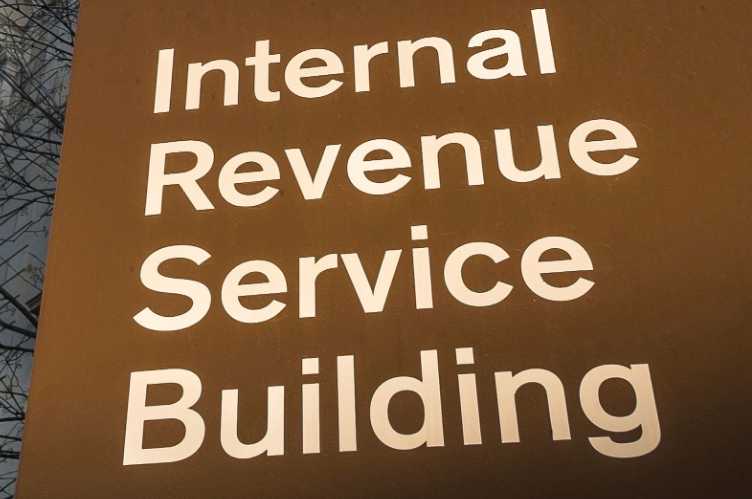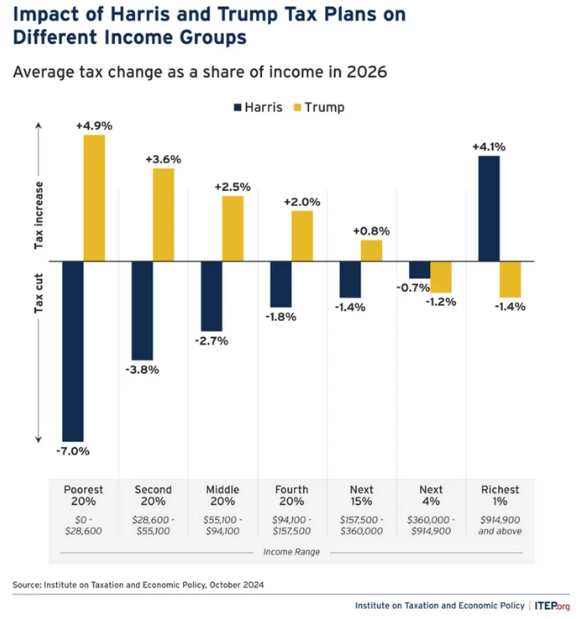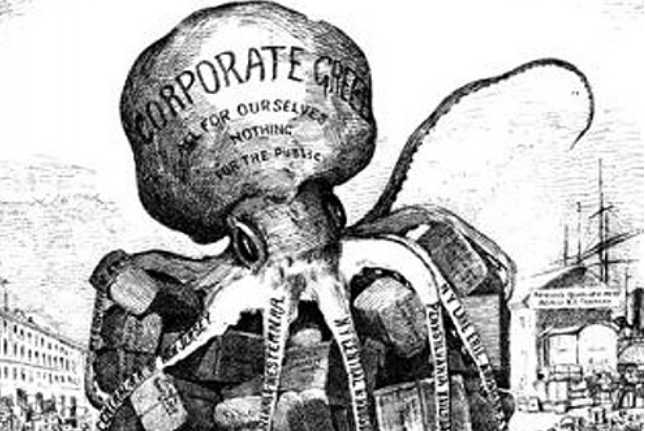Proposals to lower housing, childcare, and healthcare costs for millions of families are “a welcome step in the right direction,” said one advocate.
After announcing earlier this week that U.S. Vice President Kamala Harris plans to take on corporate price gouging with the first-ever federal ban in the food and grocery industries, the Democratic presidential nominee’s campaign on Friday unveiled details about Harris’ broader economic agenda, making clear to advocates that she is focused on lowering numerous costs facing working households.
Along with a four-year plan to boost housing construction, provide financial help to first-time homebuyers, and rein in predatory corporate landlords, Harris announced plans to lower medical costs and provide financial assistance to new parents and families raising young children.
The proposals, which Harris is expected to officially announce at a campaign event in Raleigh, North Carolina on Friday, send the message that “the days of ‘what’s good for free enterprise is good for America’ are over,” Felicia Wong, president of the progressive think tank Roosevelt Forward, toldThe Washington Post.
“Harris has made a set of policy choices over the last several weeks that make it clear that the Democratic Party is committed to a pro-working, family agenda,” Wong said.
Within Harris’ plan to lower healthcare costs, the vice president will include proposals to expand Medicare’s cap on prescription drug costs at $2,000 annually to all Americans and to place a limit of $35 per month on insulin. Both policies are provisions of the Inflation Reduction Act (IRA) and currently apply only to Medicare recipients. As the Postreported, allowing all Americans to benefit from the price limits “could face resistance from the pharmaceutical industry and Republicans,” who have fought to block Medicare drug price negotiations that were also included in the IRA.
Harris said she would work to expedite those negotiations, the first round of which yielded lower costs for 10 widely used medications that were announced by the Biden administration on Thursday.
[perfectpullquote align=”right” bordertop=”false” cite=”” link=”” color=”” class=”” size=””]”Policies that lift up families will always be popular with voters. Working people want to see action from our federal government to address sky-high costs.”[/perfectpullquote]
The vice president would also work closely with states to cancel medical debt for millions of people “and to help them avoid accumulating such debt in the future, because no one should go bankrupt just because they had the misfortune of becoming sick or hurt,” said the Harris campaign. “This plan builds on Vice President Harris’ leadership in removing medical debt from nearly all Americans’ credit reports and in helping secure American Rescue Plan funds to cancel $7 billion of medical debt for up to 3 million Americans.”
The final plank of the economic plan announced on Friday was focused on “cutting taxes for the middle class,” the campaign said, with the vice president pledging to restore and expand child tax credits. Republican presidential nominee Donald Trump’s campaign has been focusing on the issue in recent weeks as vice presidential candidate Sen. JD Vance (R-Ohio) has come under fire for his criticism of people who don’t have children and for his absence from a Senate vote on expanding the existing child tax credit, which nearly the entire GOP Senate caucus voted against.
The Harris campaign said the vice president would restore the expanded child tax credit that provided a credit of up to $3,600 per child for middle- and lower-income families; the program was passed as part of the American Rescue Plan in 2021, but expired at the end of that year due to opposition from the Republican Party and conservative Sen. Joe Manchin (I-W.Va.), then a Democrat.
Harris would also push for a further “historic expansion of the child tax credit: providing up to $6,000 in total tax relief for middle-income and low-income families for the first year of their child’s life when a family’s expenses are highest—with cribs, diapers, car seats, and more—and many parents are still forced to forgo income as they take time off from their job.”
Diane Yentel, president and CEO of the National Low Income Housing Coalition, said the proposal would also work hand-in-hand with Harris’ housing plan to “positively impact families’ ability to pay rent.”
Vance earlier this week called for boosting the child tax credit—currently $2,000 per year—to $5,000, but Sen. Ron Wyden (D-Ore.), who proposed a package last month that would have raised the cap on the credit for low-income families, said Vance’s failure to vote on the legislation exposed him as “a phony.”
“If JD Vance sincerely gave a whit about working families in America, he would have shown up in the Senate a week and a half ago and voted for my proposal to expand the child tax credit and help 16 million low income kids get ahead,” said Wyden. “He didn’t even care enough to use his platform to call on his Senate Republican colleagues to support it.”
Maurice Mitchell, national director of the Working Families Party, said that with plans to extend tax cuts that disproportionately benefited corporations and the wealthy, “Trump and Vance are going to look out for bosses and billionaires, while Harris and [Democratic vice presidential candidate Tim] Walz are showing working people that they have their backs.”
“Policies that lift up families will always be popular with voters. Working people want to see action from our federal government to address sky-high costs,” said Mitchell. “By committing to take on greedflation, lower prescription drug costs, and make housing more affordable, Kamala Harris is listening to the voters she needs to turn out in November.”
A Data for Progress poll late last month showed that 75% of Americans support slashing prescription drug prices, 79% support making corporations pay their fair share in taxes, and 58% support restoring the expanded child tax credit.
Joseph Geevarghese, executive director of Our Revolution, called Harris’ economic agenda “a welcome step in the right direction, particularly with its focus on tackling corporate price gouging, reining in predatory corporate landlords, reducing prescription drug prices, and providing real relief to working families burdened by medical debt.”
“However, to truly address the root causes of economic inequality, we must push for comprehensive reforms that dismantle the structural issues enabling corporations to exploit consumers and workers,” said Geevarghese. “The Harris-Walz plan’s proposals are critical first steps, but the progressive movement will be watching closely to ensure these policies are not only enacted but rigorously enforced to deliver the meaningful change that Americans desperately need.”
Common Dream’s work is licensed under a Creative Commons Attribution-Share Alike 3.0 License. Feel free to republish and share widely.
[content id=”79272″]







